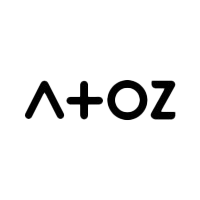Understanding Mobile App Ecosystems

The world of mobile applications is dominated by two major platforms: iOS and Android. To step into mobile app development in California, it's crucial to discern the differences between these ecosystems. This involves examining their unique design guidelines, user expectations, and the technical infrastructure that supports each platform.
With a high concentration of tech users, California's app market is ripe with opportunities. Deciding whether to develop for one or both platforms can significantly impact your app's reach and revenue. Consider factors like market share, user demographics, and device compatibility when making this choice. iOS development typically requires a working knowledge of Objective-C or Swift, and an understanding of Apple's Xcode IDE. On the other hand, Android development involves using Java or Kotlin with Android Studio. Both platforms offer robust developer resources, including libraries, frameworks, and best practices for ideal performance.



















